17 Years Later, Almost 10,000 People Are Living With Cancers Related to 9/11
It’s not just first responders who were harmed by fumes from the lower Manhattan attack, but workers, students and area residents.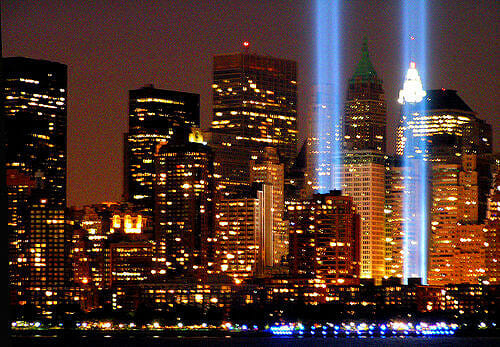 The 9/11 Tribute in Light memorial. (Jackie / Flickr Creative Commons)
The 9/11 Tribute in Light memorial. (Jackie / Flickr Creative Commons)
A shiny new tower, One World Trade Center, looms over Manhattan 17 years after the 9/11 attacks, 104 stories of glass and steel, forming a triangle pointed at the sky. Aside from the National September 11 Memorial & Museum, the neighborhood bears few physical markers of what happened that day, including the smells that lingered for weeks, and the yawning hole in the ground that was visible for years.
For the thousands of residents, workers, students, first responders and others who lived and worked in the area, however, the scars are far from hidden, and not as grand as a memorial. According to a report in The Guardian Tuesday, nearly 10,000 people are suffering from cancer as a result of exposure to fumes from the destroyed towers.
As The Guardian reports, these workers, students and residents were “breathing in air thick with toxic fumes and particles from the pulverized, burning skyscrapers. Many have since become sick, many have died and new cases are still occurring all the time that are linked back to the poisons that were in the air around the wreckage.”
The latest cluster of cases includes a number of men diagnosed with breast cancer. Joe Mormando, a 51-year-old who worked in the Mercantile Exchange just a block from the World Trade Center, “was floored” when he received the diagnosis, given after he felt a lump on his chest this past March. Less than 1 percent of breast cancer patients are men, and he had no family history of the disease.
“We went back to work exactly one week after 9/11, while the towers were still burning and everything else crumbled around us,” Mormando told The Guardian, “we were told that the air was fine, and we needed to get back to work.”
Christine Todd-Whitman, then the head of the Environmental Protection Agency, admitted in 2016 that she was wrong when she told the public, just three days after the attack, that the air around ground zero was safe.
Mormando is one of at least 15 men currently undergoing treatment for breast cancer related to 9/11 exposure, according to their attorney, Michael Barasch. Michael Guedes, an NYPD officer who rushed to the scene at ground zero before spending months digging and sorting through debris at a landfill, was diagnosed with breast cancer in 2015. His girlfriend found his lump. “Had she not found it, I would have died of it, I’m sure,” he said.
The World Trade Center Health Program estimates that 9,375 people are currently living with 9/11-related cancer; an additional 420 people have died. In total, The Guardian reports, “more than 43,000 people have been certified with a 9/11-related health condition.”
The impact on first responders has been well-documented, but researchers are still grappling with the extent of health damage on those living, working and going to school in the area at the time. Barasch, the lawyer representing the men with breast cancer, says, “This is very democratic toxic dust. It doesn’t matter whether you’re a student or a firefighter or a gazillionaire at Goldman Sachs. It is affecting everybody and killing everybody.”
Though the health care services for 9/11 victims are funded for another 75 years under the Zadroga Act, survivors and advocates are preparing for another fight, this time to save the victim compensation fund, set to expire in 2020, which covers expenses beyond health care and has already paid out more than $4.3 billion to more than 19,000 first responders and survivors.
“Cancer has no deadline. It’s not going to stop magically in December of 2020,” Barasch told The Guardian. “There’s no statute of limitations on cancer.”
Read the full Guardian story here.
Your support matters…Independent journalism is under threat and overshadowed by heavily funded mainstream media.
You can help level the playing field. Become a member.
Your tax-deductible contribution keeps us digging beneath the headlines to give you thought-provoking, investigative reporting and analysis that unearths what's really happening- without compromise.
Give today to support our courageous, independent journalists.
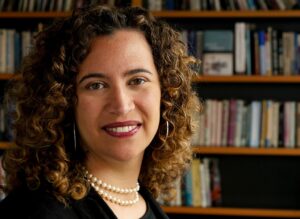

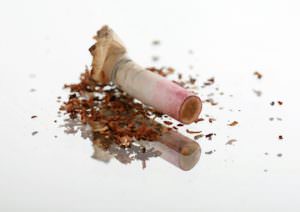
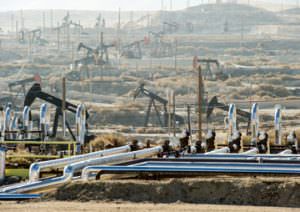
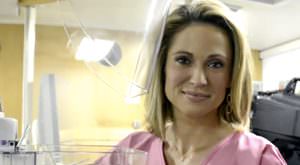
You need to be a supporter to comment.
There are currently no responses to this article.
Be the first to respond.